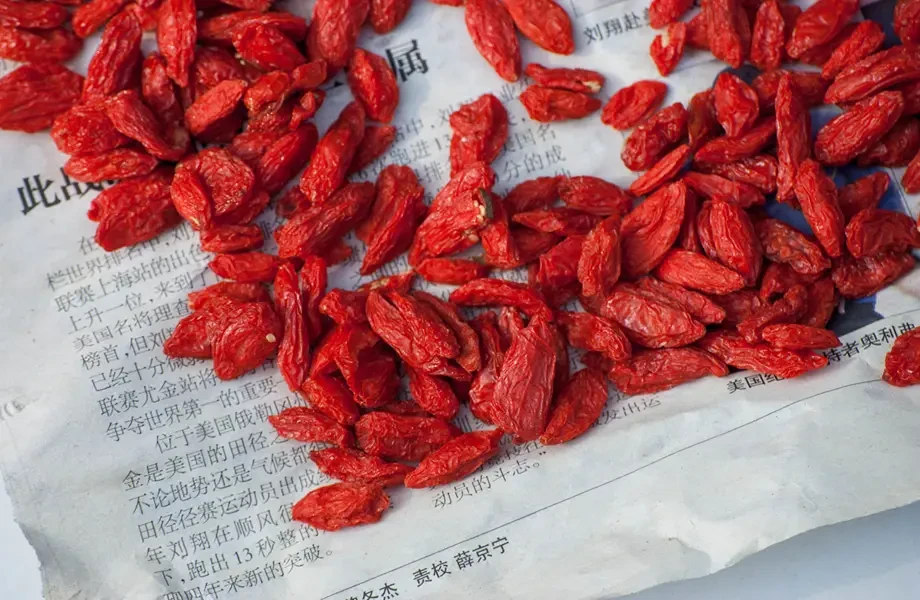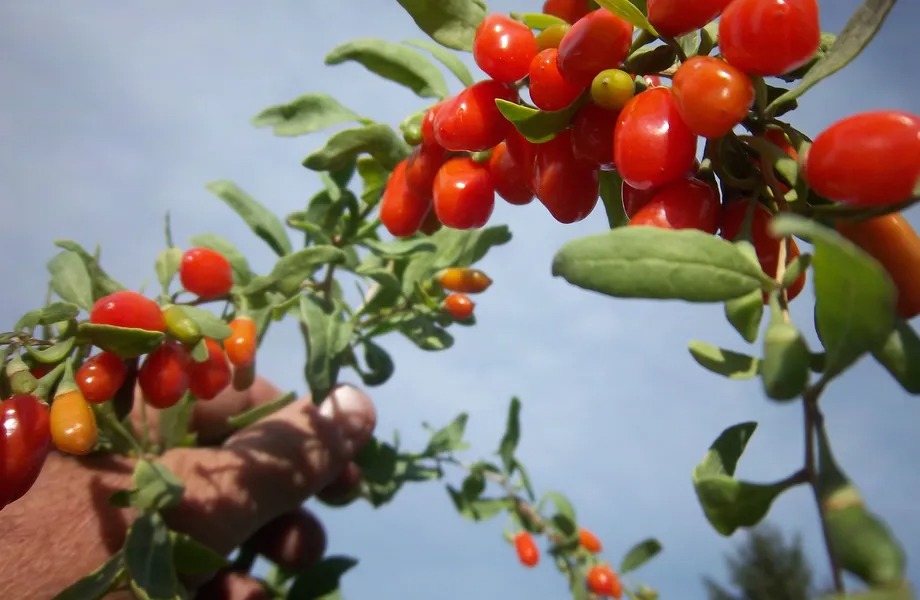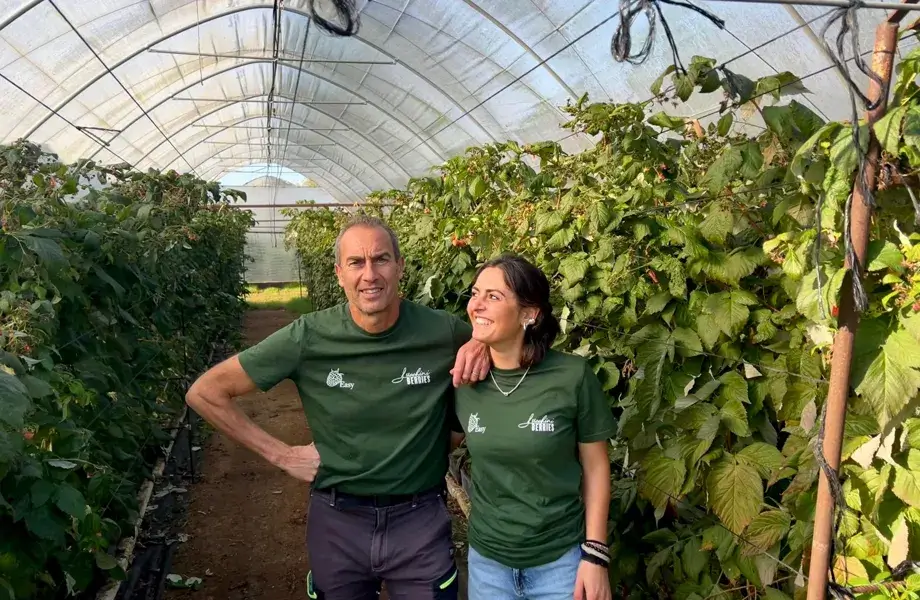The goji berries, scientifically known as Lycium barbarum, have a long history in China, where they are considered not only a nutritious food but also a cornerstone of traditional Chinese medicine.
These small red fruits are renowned for their health benefits, including boosting the immune system, improving vision, and enhancing overall vitality.
Their popularity has grown globally, leading to increased cultivation and commercialization in China.
Historical Background
The cultivation of goji berries in China dates back over 2,000 years, with ancient records indicating that they were first cultivated in Hebei province around 100 A.D. Over time, production shifted westward to regions like Ningxia and Gansu, where the climate and soil conditions proved favorable for their growth.
Today, goji berries are recognized as a "superfood," appreciated for their high content of vitamins, antioxidants, and amino acids.
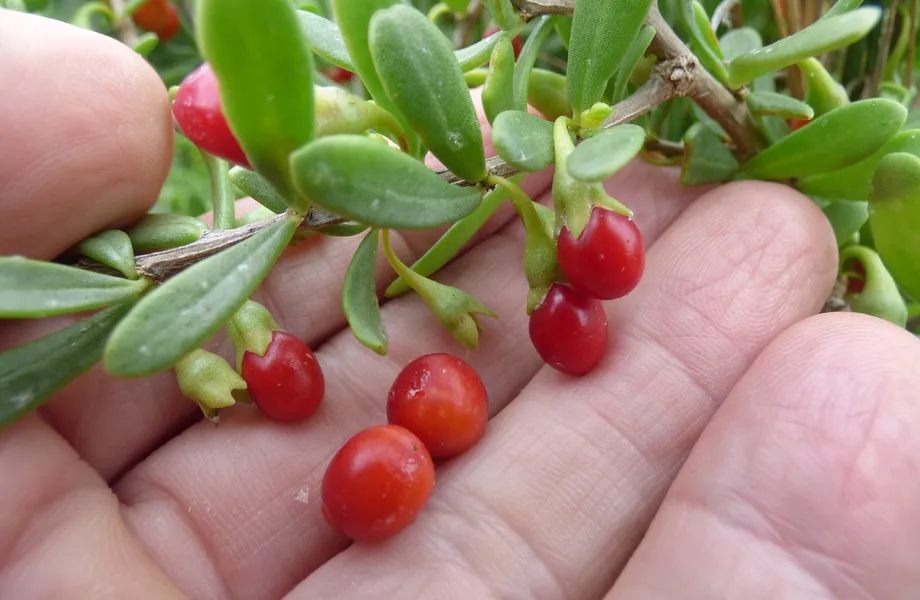
Geographical Distribution and Cultivation
Goji berries are primarily cultivated in various regions of China, with Ningxia standing out for the excellent quality of its products. Farmers in this region harvest approximately 180,000 tons of fresh fruits annually, selling them mainly in dried form due to the short shelf life of fresh produce.
Economic Impact
The economic importance of goji berries in China is immense. Demand for these fruits has surged both nationally and internationally. For instance, during China's Single's Day—a major shopping event—record sales of goji berries were reported, highlighting their status as a sought-after superfood.
The Industrial Sulfur Scandal
The goji berry industry, while being one of the most culturally and economically significant agricultural sectors in China, faces challenges related to production practices. One of the most critical issues recently emerged is the use of illegal chemicals to enhance the appearance of the fruits, a problem that has drawn the attention of Chinese authorities and the international community.
In 2024, a major scandal surfaced in China regarding the illegal use of harmful chemicals in goji berry production, particularly in the provinces of Qinghai and Gansu. The issue was brought to light by a report from the state-run CCTV network, revealing that some farmers and traders used sodium metabisulfite and industrial sulfur to improve the appearance of the berries and extend their shelf life.
Details of the Investigation
The investigation was launched following allegations that sodium metabisulfite, a chemical known for its bleaching and preservative properties, was being excessively used during goji berry processing. This practice aimed to maintain the bright red color of the berries, making them more attractive and enabling sellers to demand higher prices.
Farmers reported that without such treatments, the berries would darken and become unsellable, prompting them to resort to these illegal methods despite being aware of the health risks associated with sodium metabisulfite, including skin irritations and respiratory issues if consumed in large quantities.
Local governments in Qinghai and Gansu responded swiftly by establishing special task forces to conduct inspections at goji berry production and processing facilities.
Authorities pledged strict penalties for anyone found guilty of violating food safety regulations and emphasized their commitment to transparency, promising to make the investigation findings public.
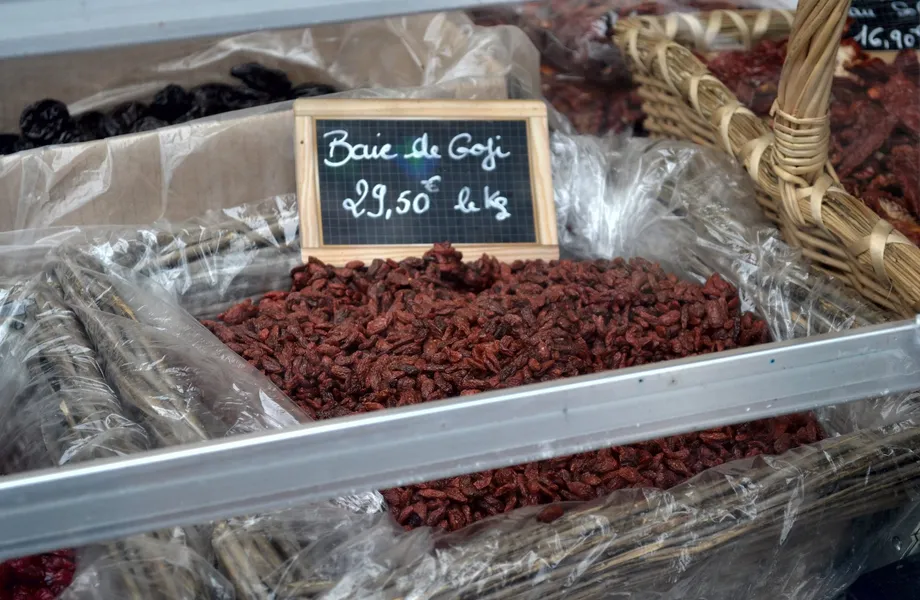
Health Risks and Broader Implications
The use of sodium metabisulfite and sulfur not only poses a direct health risk to consumers but also reflects broader issues in the landscape of Chinese food safety.
This episode is part of a worrying trend, as China has faced numerous food safety scandals in recent years, undermining public confidence in the food supply. The recent scandal follows other alarming revelations, such as unsafe practices in the transportation of cooking oil.
Farmers involved in these practices expressed concern over the market pressures that push them to use harmful chemicals. They noted that chemically treated goji berries can be sold at significantly higher prices than untreated ones—up to 18 yuan per catty (approximately 4.5 euros per kg) compared to only 9 or 10 yuan for those without chemical enhancements.
This economic incentive creates a challenging environment for adhering to safety regulations.
Erosion of Trust
The recent goji berry scandal in China has significantly impacted consumer trust, not only in goji berries but also in other Chinese food products. Following the revelations of illegal use of harmful chemicals, public trust has been deeply shaken.
The scandal has sparked widespread public concern about food safety, bringing to mind previous food crises in China. With a growing awareness of the health risks associated with contaminated products, many consumers are questioning the integrity of the entire Chinese food supply chain.
Impact on Exports
The scandal poses a threat to China's goji berry exports, which reached nearly 12,000 tons in 2023, with key markets such as Vietnam and Hong Kong. The fragility of consumer trust could lead to a decrease in demand for goji berries abroad, affecting farmers and the economy.
The Difficult Balance Between Tradition and Innovation
The challenge for China's goji berry industry is to find a balance between tradition and innovation. The historical reputation of this product as a symbol of health and wellness must be supported by modern and sustainable practices.
Improving regulations, adopting advanced agricultural technologies, and promoting quality certifications are key tools to ensure that Chinese goji berries maintain their prominence in the global market.
Photo: michael davis-burchat - Forest Starr and Kim Starr - deedavee easyflow - Tom Coady





